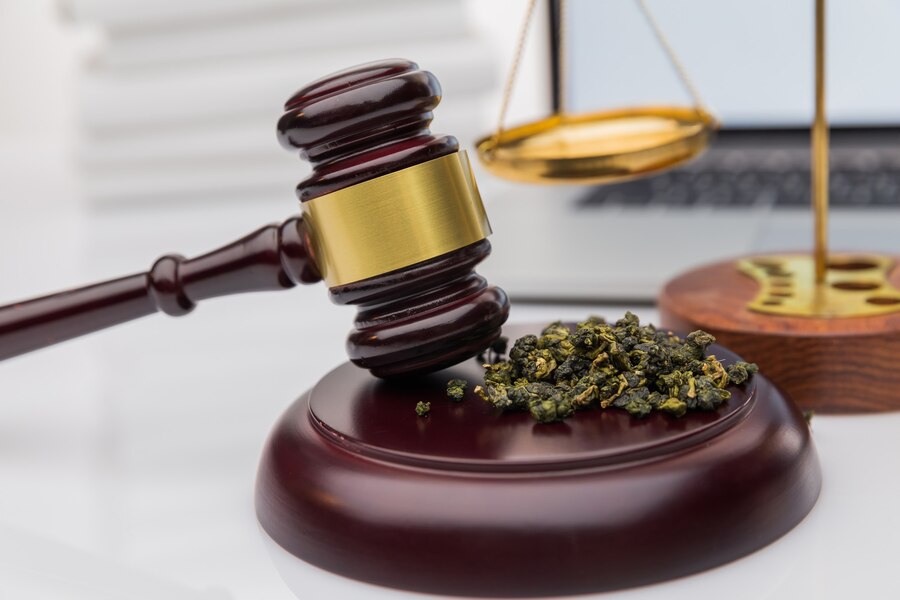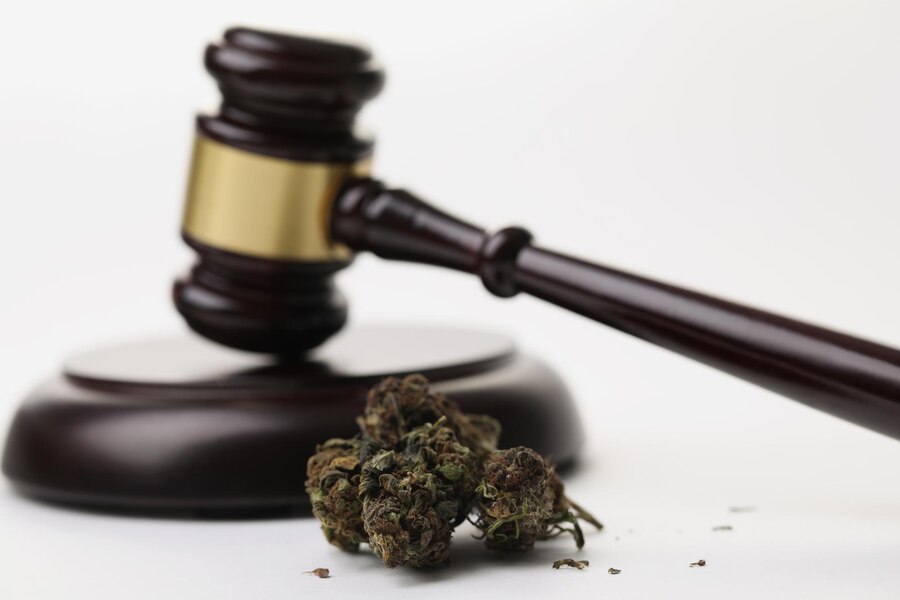Marijuana possession charges can come with a host of complications and legal consequences that vary widely from state to state. As experts in the field, we understand the nuances of the law and how it can impact every facet of a person’s life. From the severity of the charges to the specifics of state law, the right legal counsel is crucial for navigating this complex area of jurisprudence.
In facing these charges, we often encounter a web of legislation that’s as diverse as the people affected by it. The need for a skilled marijuana possession lawyer becomes clear when considering the possible penalties, which can range from fines and mandatory treatment programs to significant jail time. Our role is to provide vigorous defense and knowledgeable guidance through the legal system to protect our client’s rights and future. Learn more about marijuana possession lawyer
We also stay abreast of the latest legal developments, including the shift in public perception and law toward decriminalization and legalization in certain jurisdictions.
This dynamic landscape requires us to be adaptable and forward-thinking in our strategies, ensuring we offer the most relevant and effective counsel to those we represent. We aim to secure the best possible outcome for our clients, tailoring our approach to the unique circumstances of each case.
Understanding Marijuana Possession Charges

Marijuana possession charges can vary widely depending on the jurisdiction and circumstances. We aim to clarify the basic concepts and repercussions involved in such charges.
Legal Definitions And Terminology
Marijuana possession refers to having physical control over marijuana. The legal terms commonly used in these cases include actual possession, where the substance is found on the person, and constructive possession, implying the substance is in an area under the person’s control. Controlled substances are drugs regulated by law, and the categorization of marijuana can differ by state.
State vs. Federal Laws
State laws surrounding marijuana possession are diverse and sometimes at odds with federal law. For example, Schedule I under federal law lists marijuana as an illegal substance, yet many states have legalized it for medical or recreational use. It’s important to understand that federal law can enforce prohibition regardless of state laws.
| Federal Law | Majority State Laws |
| Illegal (Schedule I) | Varies widely (from full prohibition to full legality) |
Types of Possession
We recognize two primary types of possession:
- Simple Possession: Having a small quantity for personal use.
- Possession with Intent to Distribute: Indicated by larger quantities, suggesting the purpose of sale or distribution.
Potential Charges And Consequences
The charges for marijuana possession can range from a minor misdemeanor to a serious felony, depending on:
- Quantity: Larger amounts often lead to harsher penalties.
- Previous Offenses: Repeat offenses can escalate charges.
- Location: Proximity to schools or minors can aggravate charges.
Consequences might include fines, imprisonment, or mandatory treatment programs. Here’s a simplified breakdown:
- Misdemeanor: Fines and/or short-term jail sentence.
- Felony: Longer imprisonment and possibly larger fines.
Penalties are also influenced by sentencing guidelines and the discretion of the court.
Hiring A Marijuana Possession Lawyer

When facing marijuana possession charges, hiring a knowledgeable lawyer can be critical for your case. We’ll discuss the advantages of legal representation, factors to consider when choosing an attorney, how to prepare for your case, and what defense strategies may be applicable.
Benefits Of Legal Representation
Expertise in Drug Law: We understand the complexities of drug-related statutes and case law which are essential in providing a competent defense.
Protection of Rights: Our central aim is to ensure your rights are safeguarded throughout the legal process. From the moment of arrest to the final verdict, a lawyer can identify any violations of your rights and argue for appropriate remedies.
How To Choose The Right Lawyer
- Credentials and Experience: Look for attorneys specializing in drug-related offenses with a track record of success in similar cases.
- Client Reviews and Testimonials: Seek out feedback from former clients to gauge satisfaction and the lawyer’s effectiveness.
- Communication Skills: Choose a lawyer who communicates clearly and promptly. Regular updates and straightforward advice are hallmarks of a reliable attorney.
Interview Prospects: Engage in consultations with potential lawyers to assess their suitability for your case and to ensure you feel comfortable with their approach.
Preparing For Your Case
- Gather Documentation: Collect any relevant evidence, such as reports, witness statements, and your account of events.
- Compile a Timeline of Events to provide a clear sequence of what transpired before, during, and after the arrest.
Consult with Your Lawyer: Open and honest communication is crucial. Disclose all facts so that we can build the most effective defense strategy.
Defense Strategies

- Challenging Evidence: We explore opportunities to question the legality of police searches or the handling of evidence.
- Negotiating Plea Deals: Where appropriate, we negotiate with prosecutors for reduced charges or alternative sentencing options.
Pre-Trial Motions: Filing motions can be an effective way to dispute the prosecution’s case and potentially exclude damaging evidence.
By adhering to this plan of action, we ensure detailed preparation and a robust defense on your behalf.
Read Also:






